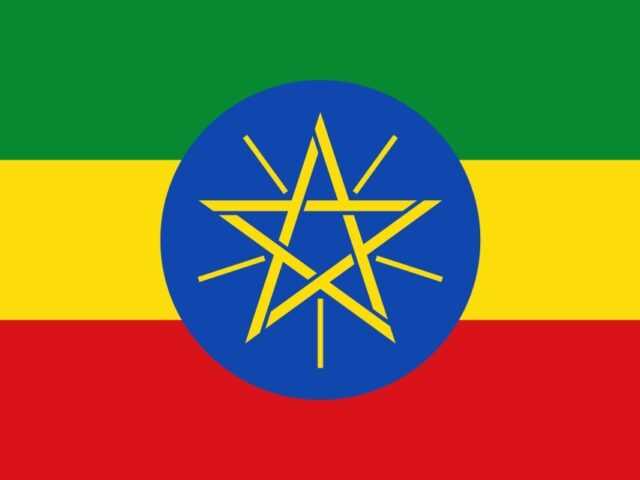Share your coffee stories with us by writing to info@comunicaffe.com.
ADDIS ABABA, Ethiopia – Following an order from the Office of the Prime Minister, the Ethiopian Coffee & Tea Development & Marketing Authority has finalised a first draft regulation to establish a Coffee & Tea Research Institute, which will mainly conduct research to boost coffee production.
To draft the regulation, a technical committee was formed by the Authority comprising the Jimma Agricultural Research Center, the Ethiopian Institute of Agricultural Research (EIAR) and their staff.
The research institute will focus on undertaking agricultural research on coffee, working on breeding of improved coffee seedlings, and developing seedlings that can resist pests, which all finally increase productivity.
The institute will be an autonomous body that is going to be accountable to the Authority. It will also provide technical training for coffee growers.
Coffee value chain reform continues
The draft is part of an instruction by Prime Minister Hailemariam Desalegn, on March 23, 2017, to reform the entire coffee production and market, according to Tadesse Haile, state minister for Exports & Investment in the Economic Section at the Prime Minister’s Office.
The Prime Minister endorsed the establishment of the research centre following the recommendations of the National Export Council for the establishment of the Institute.
The coffee market and its value chain has been a major headache for the growers as well as exporters in the country.
The National Export Council, which was formed to undertake consultations with stakeholders over means to increase the volume of Ethiopian exports, identified the major bottleneck of the coffee market and pointed out major challenges of the coffee value chain, suggesting the reform as a solution.
The Council found a quality problem as one of the issues related to productivity. Coffee is one of the major exportable commodities in the country.
Ethiopia is the largest coffee producer in the sub-Saharan region and the fifth largest coffee producer in the world, but its proceeds have fallen by three percent annually since 2010/11.
This is in contrast with the fact that the volume of exported coffee has been on average growing annually by eight percent over the past five years.
After the recommendations of the Council, the Authority, headed by Sani Redi who is also the new board chairperson of the Ethiopian Commodity Exchange Authority, has been drafting legal frameworks for coffee quality control and the establishment of the Institute, according to Heiru Nuru, head of the director general office of the Authority.
“This is what we have been asking the government throughout the past consecutive consultation forums,” said Yilma Gebrekidan, president of the Ethiopian Coffee Growers & Exporters Association.
Working only on export facilitation is not enough as the value chain includes coffee growing and processing, according to Yilma.
Coffee value chain starts from growing and get processed, and inspected for quality control before it is exported.
“To make the line effective, all of the chains have to be reformed thoroughly,” said Yilma.
Previously, Jimma Agricultural Research Center has been entitled to conduct research on coffee being directly accountable to the Ministry of Agriculture & Natural Resources (MoANR). The centre also conducts studies on other types of crops.
Apart from establishing the Institute, recently the Authority received a green light from the Parliament for a proclamation that is conceived as a game changer for the coffee market in the country. The new proclamation focuses on ensuring traceability of coffee and allowing coffee to be traded during consignments and at processing plants.
Currently, the draft regulation is up for public discussion including with stakeholders in the coffee value chain. And subsequently will be sent to the Office of the Attorney General and MoANR to beef up the bill, before sending it to the Council of Ministers. It is expected to get approved by the Council of Ministers once it is back from recess, according to Heiru.
“It particularly merits small scale coffee growers to produce coffee with better quality and quantity,” said Yilma.
During the recently ended fiscal year, the country generated 866 million dollars from 235,000tn of coffee export; this number is up from 722.4 million dollars generated in the 2015/16 fiscal year.















